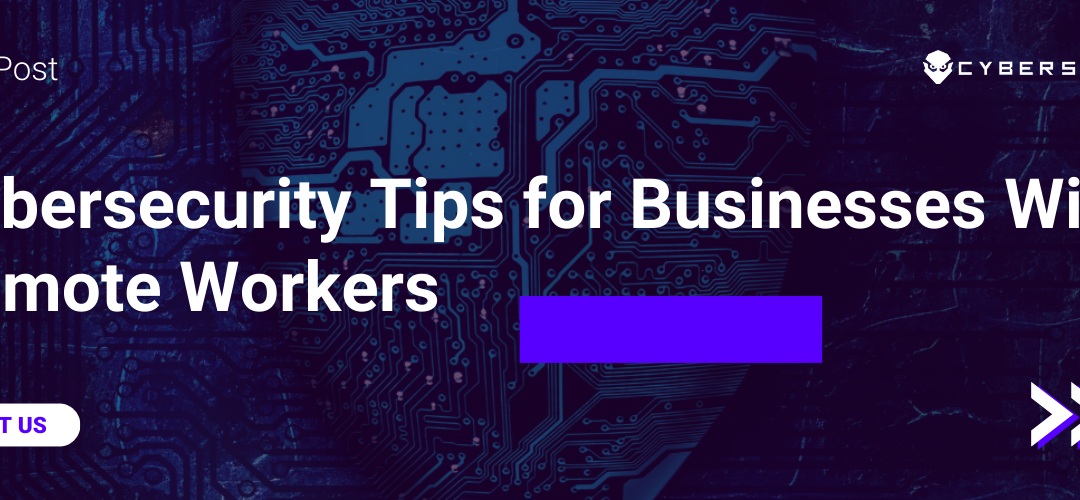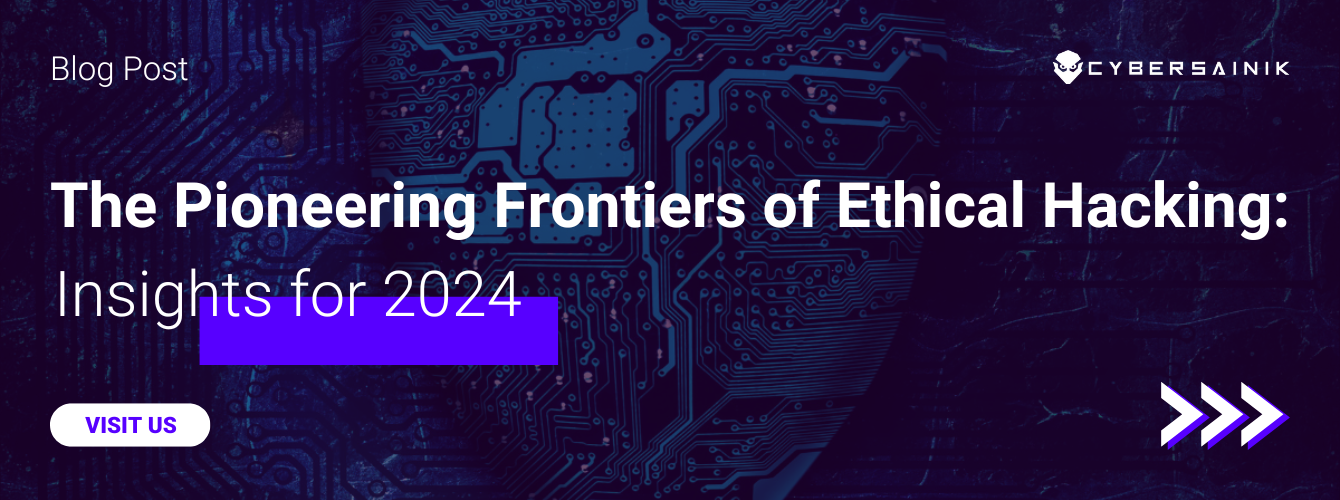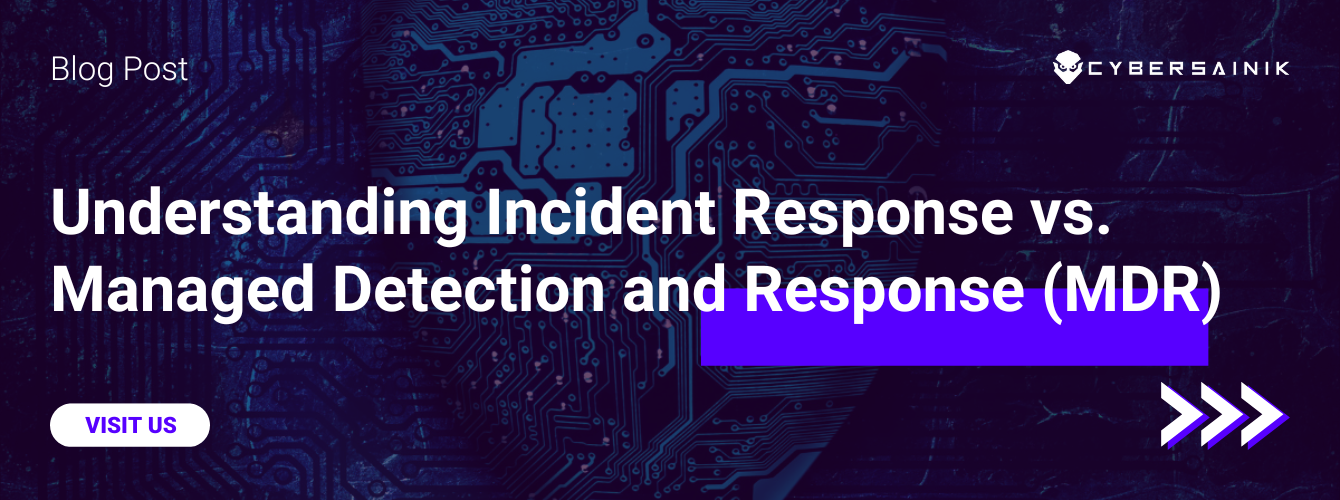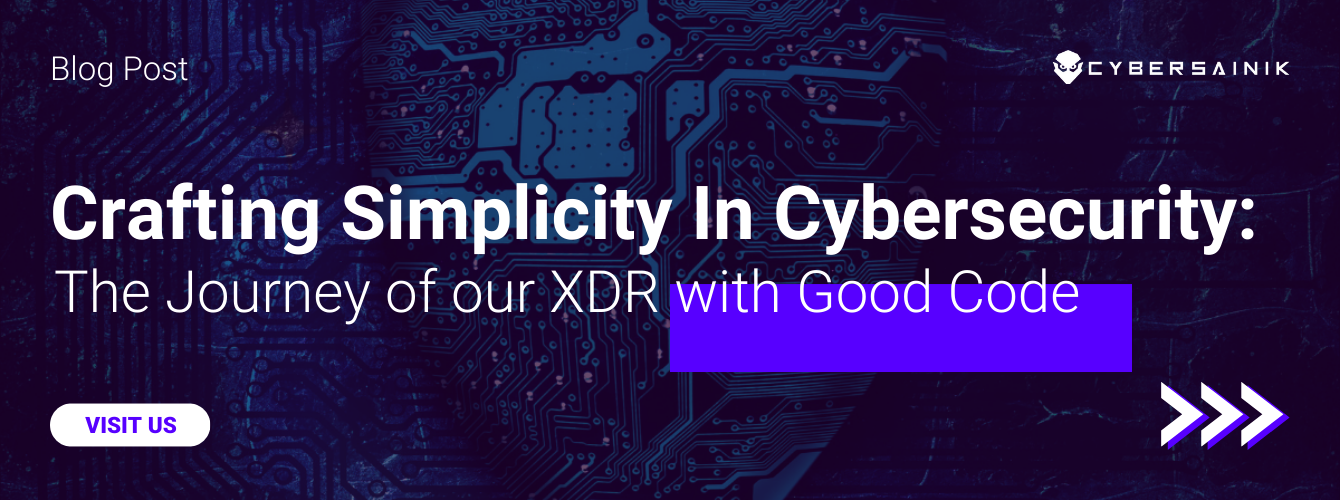We have seen a massive upheaval in the business landscape over the past few months as a result of SARS-CoV-2, commonly known as COVID-19 or coronavirus. The breadth and scale of this upheaval are unprecedented, cutting across all economic sectors, and impacting businesses globally. Businesses have had to make rapid and unplanned adjustments to deal with the threat of COVID-19. One of the accommodations business owners have made in response to this threat is to transition from an in-office to a remote workforce.
By working remotely from home, employees can adhere to the social distancing guidelines currently being recommended to contain the spread of COVID-19. They can continue their job tasks and responsibilities in a safe environment where they are not at risk of transmitting or receiving this disease. Working remotely also enables employees to care for their families while still performing their job duties. Given that there is no clearly defined time frame by which treatment for this disease will be available, remote work will be the future of businesses for some time to come. Therefore, as a business owner, it is important to ensure that your employees can work remotely in a safe and secure manner.
One of the most important considerations to be made in setting up a remote workforce is cybersecurity. Since all business activities are conducted across the internet, you should ensure that they are kept fully secure. This is especially important as cyberattacks have increased by 37% over the past few months as a result of the COVID-19 pandemic.
4 strategies you should take to secure your remote workforce and keep them protected from cybercriminals
1) USE SECURE WI-FI
A lot of employees use their personal mobile devices such as smartphones and laptops to access their work networks through wireless access points. These wireless access points are attack vectors that hackers and cybercriminals typically target when trying to get into private networks. If breached successfully, cybercriminals have full access to private networks and can cause significant damage to the business. Strategies should, therefore, be put in place to protect the wireless access points of your business network and keep your Wi-Fi network secure. Some of these strategies include, but are not limited to:
- Password protection: Use a password on all your wireless access points. The password should be difficult to guess and only provided to your employees on an as-needed basis.
- Hide your network name: Wi-Fi networks are typically found using the network name. Making your business network name private and not visible to the public reduces the likelihood of your network being targeted by cybercriminals
- Use firewalls: Firewalls serve to regulate the type of data traffic flowing into or out of a network. They are usually the first line of defense of any network.
- Network segmentation: By dividing your network into different segments, each with its own wireless access, you can control the areas of the network your users can access.
2) INSTALL ANTI-VIRUS SOFTWARE
Viruses and malware are another means by which cyber criminals try to breach and compromise private networks. One popular technique used to introduce viruses into a private network is phishing; users are sent emails that contain malicious links. Once the unsuspecting user clicks on the click, the virus or malware is released and can then propagate throughout the network, causing a lot of damage and destruction.
To prevent viruses from infecting devices within your network, you should equip them with anti-virus software. Running anti-virus scans on a frequent basis allows for the quick detection of any viruses or malware that could potentially corrupt your network. Once detected, the anti-virus software takes steps to contain and neutralize the virus.
3) FREQUENT DATA BACKUP
Data loss is one of the most significant risks faced by businesses when working remotely across the internet. This may occur as a result of a data breach whereby data is lost or corrupted as a result of malicious actions taken by cybercriminals and hackers. Data loss could also occur as a result of natural disasters; events such as tornadoes, floods, or other such disasters can wreak havoc on a business’ network. Whatever the cause may be, data loss can severely impair normal business operations if not resolved promptly.
To protect your business from data loss, you need to back up your data on a frequent as well as a regular basis. Data should be backed up into data centers at different geographic locations. By so doing, you can quickly restore your data after any damage to your network and resume normal business operations with minimal interruptions.
4) ENCRYPT ALL DATA TRAFFIC
Data encryption is one of the core tenets of an effective cybersecurity strategy when working remotely. With encryption, data is transmitted in a manner that can only be interpreted and read by its intended recipient using a decryption key. Without a decryption key, the encrypted message is indecipherable and is practically useless.
There are various encryption techniques that you can use to secure your business data. Two of the most commonly used techniques are:
- Wi-Fi Protected Access (WPA): WPA, a successor to Wired Equivalent Privacy (WEP), is an encryption technique used to encrypt wireless devices and wireless internet connectivity. WPA allows for the strong data encryption across Wi-Fi; users and devices have to be authenticated before the transmitted message is decrypted.
- Virtual Private Network (VPN): VPNs are direct data tunnels connecting a device to a remote data location. Data transmitted within a VPN are fully encrypted and inaccessible to anyone else but the intended recipient. In addition, the IP addresses of devices using VPNs are masked such that all online actions are completely anonymous and untraceable.
SECURE YOUR BUSINESS WITH CYBER SAINIK
At Cyber Sainik, we know that you may have had to make the rapid transition to remote work as a result of the coronavirus pandemic. As such, you may not have an effective cybersecurity remote strategy in place or the resources to develop such a strategy. With our Security-as-a-Service (SECaaS), you no longer need to worry about securing your remote network. With our cloud-based security service, we can readily implement and maintain a cybersecurity solution tailored to the needs of your business. We can also easily scale our services in response to changes in your network growth and capacity. Contact us today for more information and to get started.




